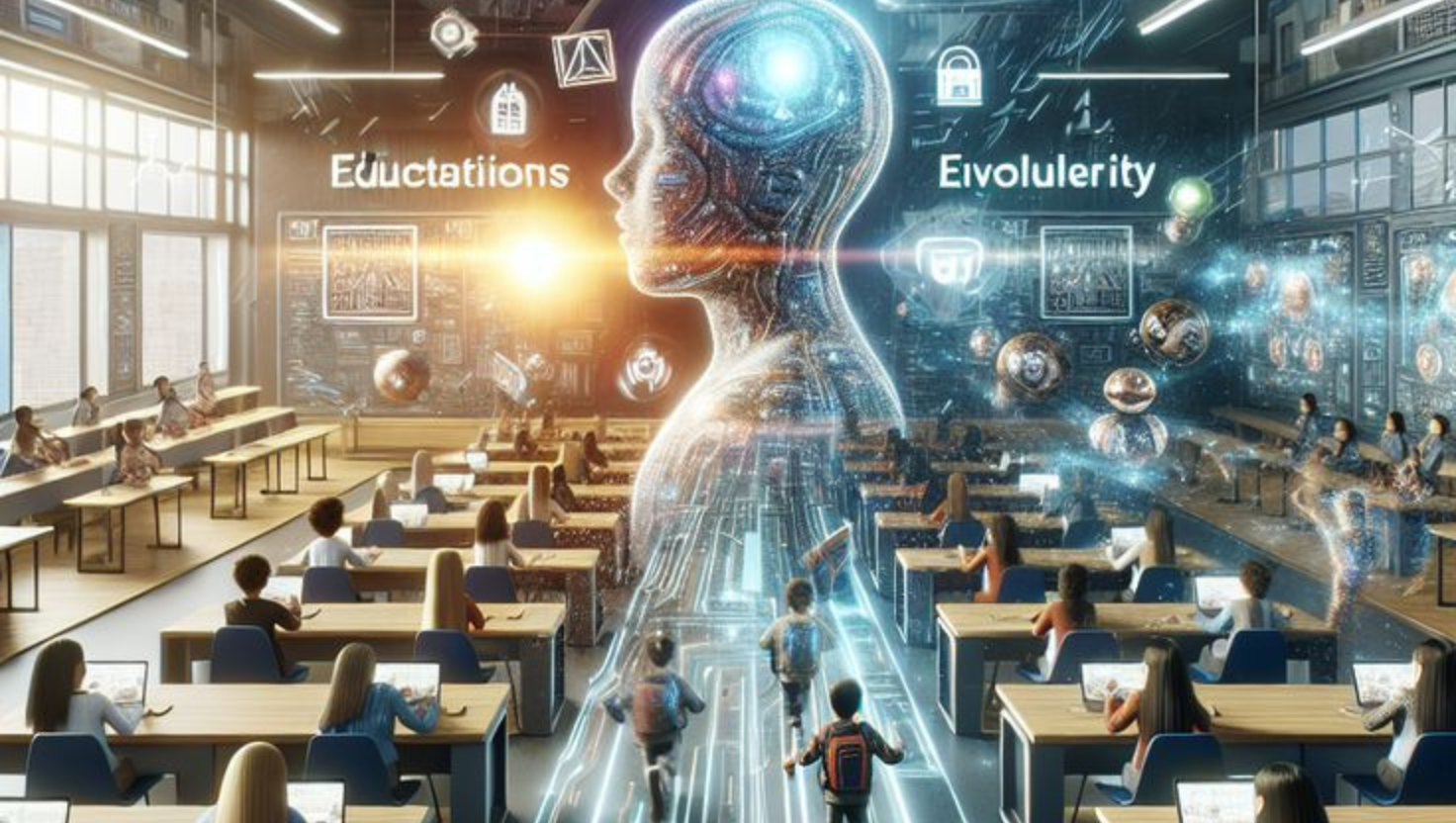AI & Technology in Education: Revolutionizing Learning in 2025
The education industry is in the midst of a gigantic change, courtesy of developments in Artificial Intelligence (AI) and technology. As we enter 2025, AI-based tools, intelligent classrooms, and digital learning platforms are transforming the way teaching is done. But what does this portend for students, educators, and the future of education?
The Role of AI in Education
AI has brought novel methods to upgrade learning experiences and make education personalized, accessible, and efficient. The following are some of the important ways in which AI is impacting education:
1. Personalized Learning
Systems powered by AI review the performance of students and offer individualized learning pathways. Adaptive learning environments such as Khan Academy and Duolingo personalize content according to a learner's speed, assisting learners in mastering concepts at their own pace.
2. AI-Powered Tutors & Chatbots
Computer-based learning systems, such as ChatGPT and Google's Socratic, offer immediate explanations, respond to questions, and help students with homework. These virtual instructors are available 24/7, lessening the reliance on human teachers.
3. Grading & Feedback on Autopilot
Instructors spend hours grading papers, but AI programs such as Turnitin and Gradescope can grade essays, quizzes, and programming assignments instantly. This frees up instructors to concentrate more on teaching and mentoring instead of bureaucratic tasks.
4. Smart Classrooms & AI-Based Learning Analytics
Interactive whiteboards, AI-powered attendance systems, and live learning analytics are making classroom experiences better. AI identifies the level of students' engagement and recommends changes to make lesson plans better.
The Benefits of AI in Education
- Increased Accessibility: AI-based tools provide text-to-speech, speech-to-text, and language translation, opening education for disabled students or students with language issues.
- Effective Learning: Students get immediate feedback, enhancing their grasp of concepts without relying on teachers to mark their work.
- Less Teacher Burden: AI handles routine work, enabling educators to emphasize student interaction and imagination.
Challenges & Issues
Even though it has its benefits, AI in education has challenges too:
- Deprivation of Human Interaction: Too much dependence on AI could lower interpersonal skills and face-to-face student-teacher interaction.
- Data Privacy & Security: AI gathers large volumes of student data, and this has raised concerns regarding privacy and ethical use.
- Cost & Accessibility: Using AI tools demands infrastructure, which may be difficult for poorly funded schools.
Future of AI in Education
AI is likely to become a mainstay in the field of education by 2030, while virtual and augmented reality (VR and AR) will give learning a reality experience. Career counseling through AI, automated lessons, and lifelong learning assistants could become the accepted standard.
Conclusion
AI and technology are changing the face of education, providing students with personalized, effective, and interactive learning experiences. Although there are challenges, the benefits outweigh them. The future of education is intelligent, interactive, and AI-driven.
